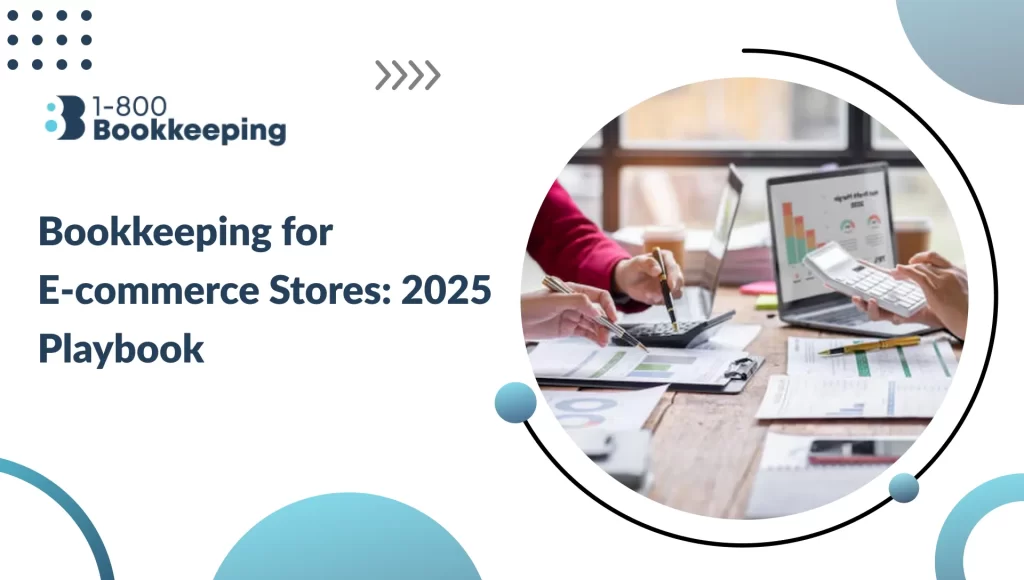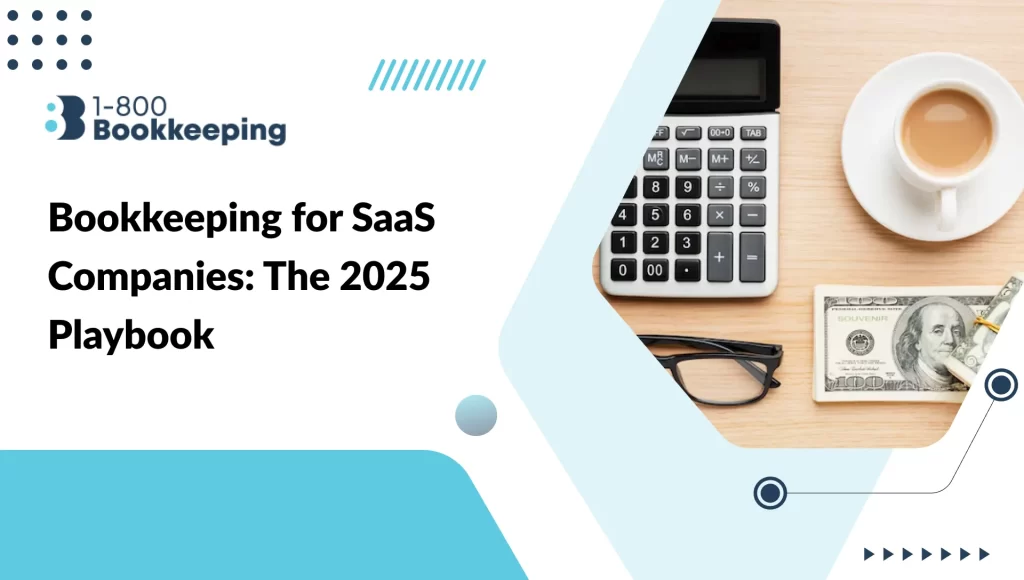When tax season rolls around, many small business owners find themselves overwhelmed by the complexities of the tax code. While filing taxes may seem daunting, hiring a tax accountant can simplify your financial process and help you save money in the long run. In this article, we’ll explore the role of a small business tax accountant, their primary responsibilities, and how to find the right one for your business.
What Is Small Business Accounting?
Small business accounting is the foundation of any enterprise, helping to organize, manage, and report financial information. Accounting is more than bookkeeping; the entire financial framework keeps a business running smoothly. For small businesses, accounting involves tracking income, expenses, payroll, and tax liabilities—all essential for long-term success.
A tax accountant specializes in tax preparation, planning, and compliance. They navigate federal, state, and local tax laws to ensure businesses file accurately and on time while minimizing liabilities.
Types of Accounting Systems for Small Businesses
Before diving into tax-specific roles, it’s essential to understand the accounting systems small businesses commonly use:
- Cash Accounting: Recognizes revenue and expenses when cash is exchanged.
- Accrual Accounting: Recognizes revenue when earned and expenses when incurred, regardless of when moneycash is exchanged.
Choosing the right system impacts how your tax accountant structures your filings, so it’s essential to consult an accountant before deciding.
How 1-800 Bookkeeping Can Help Your Small Business Thrive
Finding the right support for managing your business’s finances can greatly improve efficiency and growth. At 1-800 Bookkeeping, we specialize in simplifying accounting tasks for small business owners, offering comprehensive solutions that save time and reduce stress.
From basic bookkeeping to tax preparation, we provide expert services designed to meet the unique needs of small businesses. With our team handling everything from bank reconciliations to financial reporting, you can focus on scaling your business while we ensure your finances stay in top shape.
What sets 1-800 Bookkeeping apart is our user-friendly system that automates your bookkeeping processes. Once set up, our software seamlessly gathers bank statements and generates detailed, easy-to-understand financial reports. Our clients appreciate the peace of mind with up-to-date financial information, ready for tax season and beyond.
Our tax preparation service is designed to collaborate with your tax accountant, ensuring a smooth and organized experience. Whether you need help with your bookkeeping or require monthly services, we tailor our approach to suit your business’s specific needs.
If you’re a small business owner looking to streamline your accounting, 1-800 Bookkeeping offers the right mix of affordability, automation, and personalized support to help you succeed. Let us take care of the details so you can focus on what matters most—growing your business.
For more information on how 1-800 Bookkeeping can support your business, visit our website or contact our team today.
What Does a Small Business Accountant Do?
A small business accountant’s role goes beyond crunching numbers during tax season. They provide essential financial oversight, ensuring your business runs efficiently throughout the year. Here are some key responsibilities:
Tax Preparation and Filing
The most well-known task for a tax accountant is preparing and filing taxes. This includes calculating owed taxes, identifying applicable deductions, and ensuring compliance with local, state, and federal regulations. An accountant knows which deductions you qualify for, which can often be overlooked when filing independently.
Tax Planning and Strategy
Tax accountants work proactively, not just reactively. They help you plan to minimize tax liability, identifying areas where you can save money throughout the fiscal year. By staying informed on the latest tax laws, they can adjust your tax strategy in real time to take advantage of changes that benefit your business.
Financial Reporting
While tax planning is crucial, financial reporting is just as important. A small business tax accountant can help compile financial statements, including profit and loss statements, balance sheets, and cash flow reports. These are essential tools for understanding your business’s financial health and making informed decisions.
Tasks Small Business Accountants Handle
A tax accountant for small businesses wears many hats. They ensure that your business remains financially compliant and efficient. Below are some tasks they commonly manage:
Expense Tracking and Categorization
A critical part of tax preparation is accurately tracking and categorizing expenses. This means keeping track of everything from rent and utilities to office supplies. A tax accountant will categorize these correctly to ensure you claim all possible deductions.
Payroll Management
Managing payroll can be time-consuming and prone to errors. Accountants calculate employee wages, withholdings, and benefits correctly, preventing costly mistakes and potential penalties.
Managing Tax Deadlines
Small businesses are subject to several tax deadlines throughout the year. Whether it’s estimated taxes or end-of-year filings, a tax accountant ensures that your business complies with all deadlines, avoiding late fees and penalties.
Handling IRS Audits
Although most businesses don’t face audits, it concerns many owners. A tax accountant can represent you in the event of an IRS audit, ensuring that your financial records are accurate and compliant, thus reducing the risk of penalties.
How To Find a Small Business Accountant
Finding the right tax accountant can make or break your small business. While you might be tempted to rely on free tax software or DIY methods, hiring a professional can often pay for itself in savings and peace of mind. Here’s how to find the perfect fit:
Credentials to Look For
Not all accountants are created equal. It’s important to check the credentials of any tax professional before hiring them. Common certifications include:
- Certified Public Accountant (CPA): A CPA is licensed by the state and has passed the CPA exam. They have in-depth knowledge of tax law and accounting practices.
- Enrolled Agent (EA): EAs are federally licensed tax practitioners specializing in tax issues and are authorized to represent taxpayers before the IRS.
- Tax Attorney: In complex legal matters, a tax attorney may be necessary to navigate disputes or audits.
Industry Experience
Every industry has its own set of tax requirements. Make sure your tax accountant is familiar with your industry and understands the specific deductions and benefits available to your type of business.
Check References and Reviews
Ask for references and read online reviews. Word-of-mouth recommendations from other small business owners can be precious when deciding. Additionally, checking online platforms like Yelp or Google Reviews can provide insights into an accountant’s track record.
Interview Multiple Candidates
Don’t settle on the first accountant you meet. Interview several candidates to gauge their expertise, fees, and how comfortable you feel working with them. Building a relationship with your accountant is essential since they’ll handle sensitive financial information.
The Benefits of Hiring a Small Business Tax Accountant
Hiring a tax accountant offers numerous advantages beyond just tax preparation. Here are some key benefits:
Time Savings
Managing taxes is time-consuming, especially for small business owners who wear many hats. A tax accountant handles the details, allowing you to focus on growing your business.
Increased Accuracy
Filing taxes requires precision. Even a tiny error can result in penalties or missed deductions. A tax accountant ensures that your filings are accurate and complete.
Long-Term Financial Planning
A good accountant doesn’t just file your taxes; they help with long-term financial planning. They can advise you on how to structure your business to maximize profits and minimize taxes, saving you money year after year.
Peace of Mind
With an accountant handling your taxes, you can rest easy knowing everything is managed correctly. This reduces the stress of tax season and gives you confidence that your finances are in good hands.
Feeling Overwhelmed by Bookkeeping? We Can Help.
Running a business is demanding, and keeping track of your finances can be a never-ending chore. Many business owners need help with the complexities of bookkeeping, which can leave them frustrated and behind.
1-800 Bookkeeping offers expert services to streamline your financial processes and empower you to make informed decisions.
Our team of seasoned professionals understands the unique challenges businesses of all sizes face. We can help you:
- Free Up Valuable Time: Offload your bookkeeping tasks to our dedicated professionals.
- Gain Peace of Mind: Ensure your financial records are accurate and up-to-date.
- Make Smarter Decisions: Get actionable insights into your business performance through clear and concise reports.
- Feel Confident: Make informed financial decisions based on reliable data.
Don’t let bookkeeping hold you back from achieving your business goals. Contact 1-800 Bookkeeping today for affordable bookkeeping solutions.





